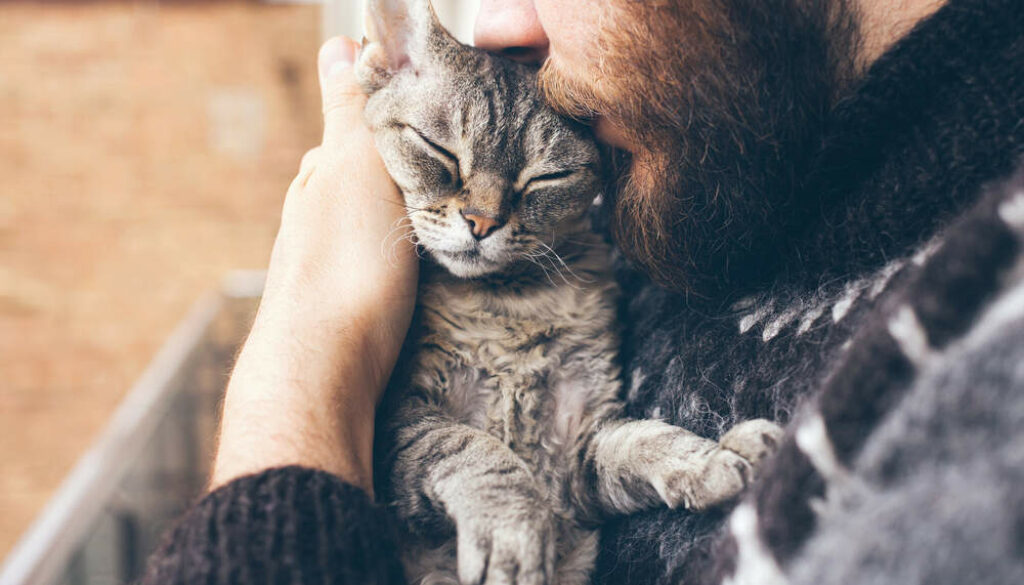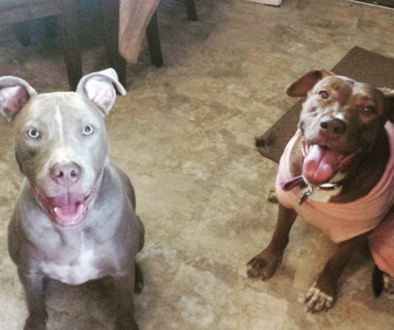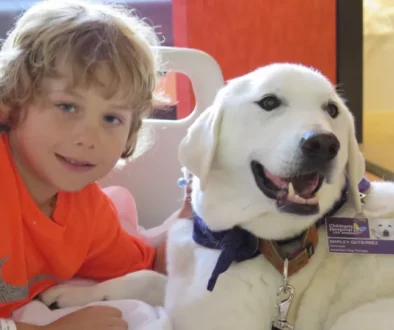Finding Love in Older Pets: The Joys of Senior Pet Adoption
Owning a pet can bring immense joy and fulfillment to our lives. The bond between humans and animals is truly special, and the benefits of having a furry companion are well-documented. Many people are now recognizing the benefits of senior pet adoption, choosing to give older animals a second chance at finding a loving home. In this article, we will explore the joys and rewards of senior pet adoption, highlighting the unique qualities and needs of older pets.
Benefits of Adopting a Senior Pet
Adopting a senior pet can be a life-changing experience, both for the pet and the adopter. Unlike younger animals, older pets are typically calmer and more mellow, making them excellent companions for individuals or families seeking a calm and peaceful environment. Their lower energy levels require less demanding care and exercise, making them ideal companions for busy professionals or those who may not have the energy to keep up with a hyperactive young pet.
Senior pets often have a deep appreciation for being loved and cared for, which strengthens the bond between the adopter and the pet. By giving a senior pet a second chance at a happy life, you will experience the immense satisfaction of knowing that you have made a positive difference in their world.
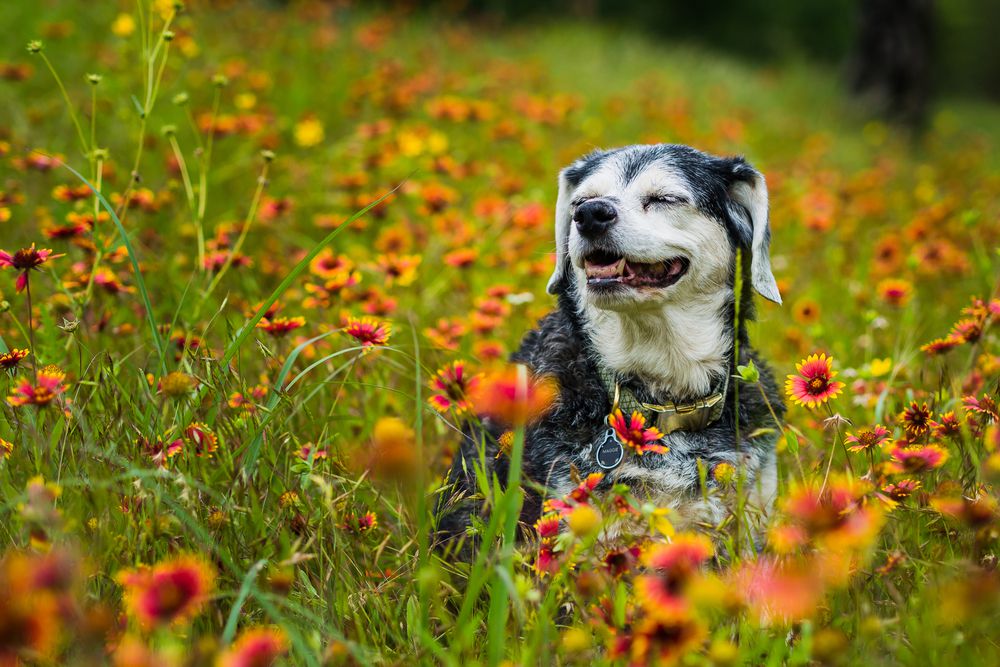
Overcoming the Misconceptions About Senior Pets
One of the common misconceptions about senior pets is that they have a lot of health issues. However, age is just a number when it comes to pets, and many senior pets have no significant health problems. Just like humans, pets can age gracefully and maintain good health with proper care and attention. While it’s true that some senior pets may develop age-related conditions, such as arthritis or dental issues, these can be managed and treated effectively with the help of veterinary care.
Senior pets are often already trained, which is another misconception that needs to be addressed. Many people believe that adopting a senior pet means dealing with behavior problems and training difficulties. However, in reality, senior pets have often spent a substantial portion of their lives living with humans and have already been through the training process. They typically understand basic commands and are house-trained, making the transition to a new home much smoother.
Another prevalent belief that needs to be debunked is the idea that senior pets have a shorter lifespan compared to younger ones. While it is true that the duration of their companionship may be shorter, the love and joy they bring into our lives are immeasurable. The quality of the time spent with a senior pet can be just as fulfilling, if not more, as they often have a calm and loving demeanor. It’s essential to embrace the present moment and provide a loving and fulfilling life for these deserving animals, regardless of their age.
Finding the Perfect Match: What to Consider When Adopting a Senior Pet
Adopting a senior pet is a wonderful decision, but it’s important to consider certain factors to ensure that you find the perfect match for both you and the pet. Here are some key points to keep in mind when adopting a senior pet:
1. Assessing Your Lifestyle and Compatibility
Before bringing a senior pet into your home, take a moment to evaluate your own lifestyle and how it aligns with the needs of a senior pet. Consider factors such as your daily routine, energy levels, and the amount of time you can dedicate to your new companion. Some senior pets may require more attention and care, while others may be more independent. Finding a pet whose temperament and energy levels match your own can lead to a harmonious and fulfilling relationship.
2. Consideration of Existing Pets or Children
If you already have pets or children in your household, it’s crucial to consider their compatibility with a senior pet. Some senior pets may have specific requirements, such as needing a calm and quiet environment. Assess how your existing pets or children will interact with a new addition and ensure that everyone involved is comfortable and safe. Introducing a senior pet slowly and gradually to your household can help ensure a smooth transition for everyone involved.
3. Evaluating the Specific Needs and Medical Requirements of Senior Pets
Senior pets often have specific needs and medical requirements that should be taken into consideration. Some may have mobility issues, requiring accommodations such as ramps or cushioned bedding. Others may have dietary restrictions or require ongoing veterinary care. Before adoption, make sure you are aware of any potential medical conditions and are prepared to meet these needs. Understanding and being proactive about the unique challenges that may arise will ensure that your senior pet receives the care and support they require.
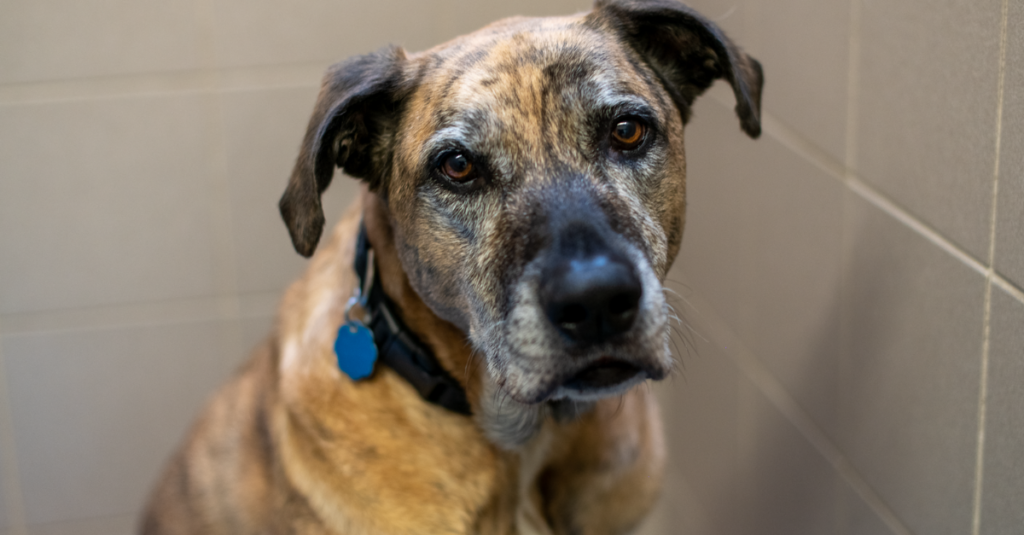
4. Preparing Your Home for a Senior Pet
Making a few adjustments to your home environment can go a long way in ensuring the safety and comfort of your senior pet. Consider their mobility and make changes to accommodate their needs. For example, install ramps or stairs to provide easier access to higher surfaces or elevated areas. Remove potential hazards, such as loose cables or small objects that can be swallowed. Creating a safe and comfortable environment will allow your senior pet to navigate their surroundings with ease and confidence.
Establishing a Routine and Providing Proper Care
Once you have welcomed a senior pet into your home, establishing a routine and providing appropriate care becomes essential. Here are some key aspects to consider:
1. Nutrition and Dietary Requirements for Senior Pets
Senior pets often have specific nutritional needs that differ from their younger counterparts. Consult with a veterinarian to determine the appropriate diet for your senior pet. They may require a specialized diet that addresses age-related issues such as joint health or weight management. Providing them with a balanced and age-appropriate diet will support their overall health and well-being.
2. Regular Veterinary Check-ups and Preventive Care
Just like humans, senior pets may require more frequent veterinary check-ups and preventive care. Schedule regular visits with a trusted veterinarian to monitor their health, catch any potential issues early, and ensure they receive appropriate vaccinations and treatments. Regular dental care is also crucial for senior pets, as dental problems can cause discomfort and affect their overall health.
3. Exercise and Mental Stimulation for Senior Pets
While senior pets may have lower energy levels compared to younger animals, regular exercise is still important for their physical and mental well-being. Adjust the intensity and duration of exercise according to their capabilities, taking into account any mobility issues they may have. Engage them in gentle activities, such as short walks or puzzle toys, to keep their minds and bodies active.
4. The Emotional Connection: Building a Bond with a Senior Pet
Building a strong emotional connection with your senior pet is an incredibly rewarding experience. Older pets often come with their own unique stories and backgrounds, which makes the bond even more special. Here are some ways to foster that connection:
- The gratification of earning their trust and love: Senior pets may have experienced neglect or loss, and earning their trust can be incredibly gratifying. Treat them with patience, kindness, and consistency, allowing them to feel safe and secure in their new home.
- Understanding their past and providing a supportive environment: Take the time to learn about your senior pet’s past, if possible. Understanding any traumas or challenges they may have faced can help you provide the right support and create a supportive environment tailored to their needs.
- The unique gratification of witnessing their joy and contentment: Seeing a senior pet find joy and contentment in their new home is an amazing feeling. Whether it’s a wagging tail, a purr of contentment, or a relaxed posture, take the time to celebrate and cherish these moments of happiness.
By establishing a routine that includes proper nutrition, veterinary care, exercise, and mental stimulation, you can ensure that your senior pet leads a healthy and fulfilling life. Building a strong emotional connection will not only enhance your bond but also contribute to your overall happiness and well-being.
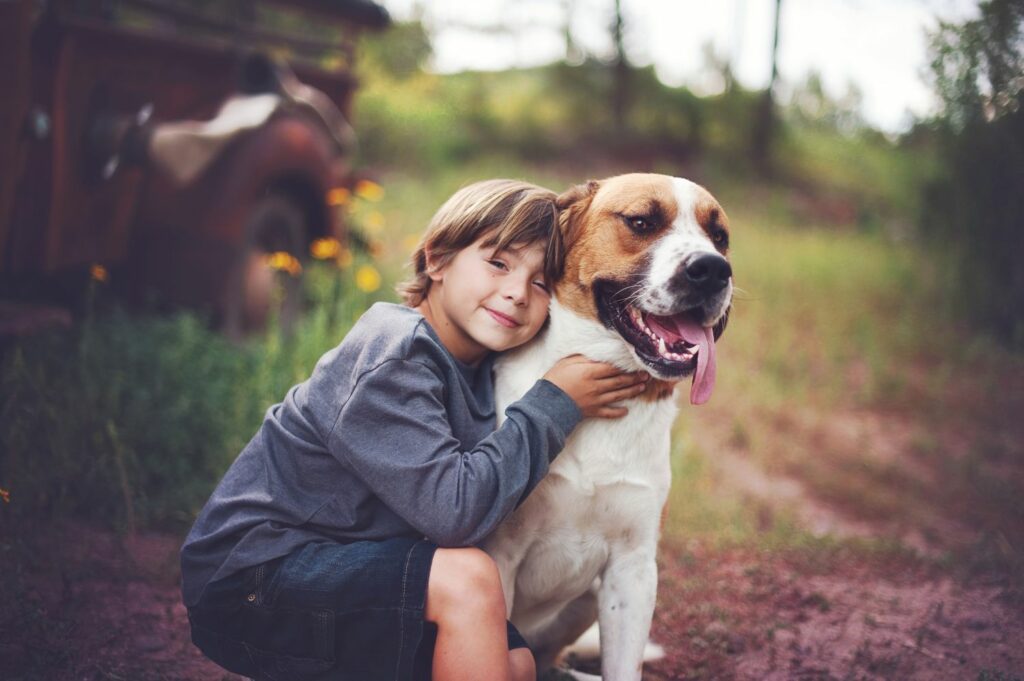
Highlighting Success Stories of Senior Pet Adoption
Sharing success stories of senior pet adoption can inspire others to consider adopting older animals. Here are some examples:
- Bringing Happiness to Families: Highlight stories of senior pets who have brought immense joy and happiness to their adopted families. For instance, share the story of a senior dog who provided comfort and companionship to an elderly individual or a senior cat who brought endless entertainment and love to a family with young children.
- Transformation, Resilience, and Love: Share stories of senior pets who have overcome adversity and found a new lease on life. For example, tell the story of a senior dog who was neglected or abused but, with love and care, made a remarkable transformation to become a happy and healthy companion. These stories showcase the resilience and capacity for love that senior pets possess.
- Volunteer Opportunities and Fostering Senior Pets: Encourage people to consider volunteer opportunities or fostering senior pets at animal shelters or rescue organizations. Highlight stories of individuals who have volunteered their time or fostered senior pets, showcasing the impact they have made on the animals’ lives. Share their experiences of providing temporary care and love and how it has brought fulfillment and purpose to their own lives.
FAQs:
- Q: Can senior pets adapt to new environments and families easily?
A: Yes, senior pets are often adaptable and can form strong bonds with their new families. - Q: Do senior pets require extensive medical care?
A: While some senior pets may have specific medical needs, many are in good health and require routine veterinary care like any other pet. - Q: Are senior pets suitable for families with young children?
A: Absolutely! Senior pets can be gentle and patient with children, providing them with a loving and calm companion. - Q: Is it possible to train a senior pet?
A: While senior pets may already be trained, they are still capable of learning new things and adapting to their new environment. - Q: Can senior pets live happily in smaller living spaces, such as apartments?
A: Yes, senior pets are generally more relaxed and adapt well to living in smaller spaces as long as their exercise and emotional needs are met.
Conclusion
Adopting a senior pet is a remarkable journey that brings immeasurable joy and fulfillment to both the pet and the adopter. The quiet companionship, unconditional love, and unique bond that can be formed with these older animals are truly exceptional. By overcoming misconceptions, considering compatibility, and providing the necessary care, adopting a senior pet allows you to embark on a life-changing experience filled with love, gratitude, and companionship.
Also Read:
Pet Care Tips for Cats for Beginners
Pet Care Tips for Dogs for Beginners
